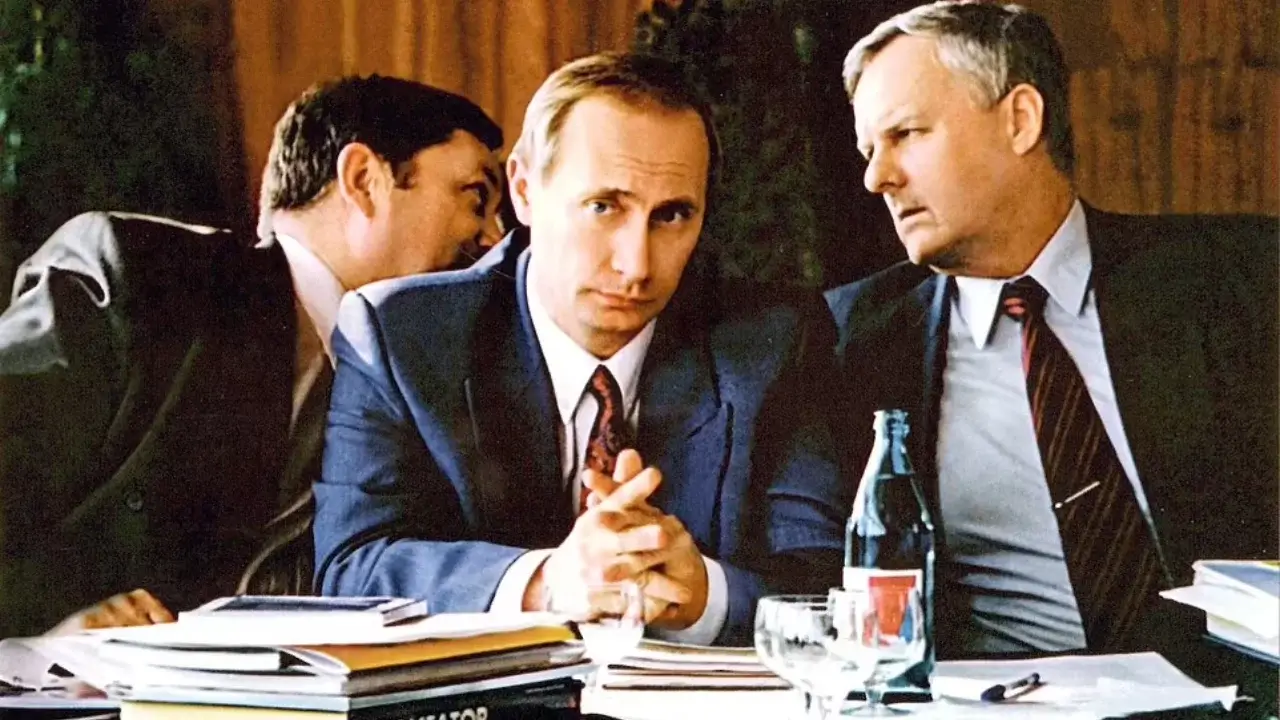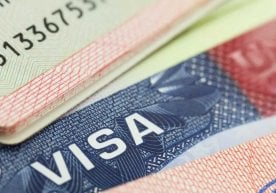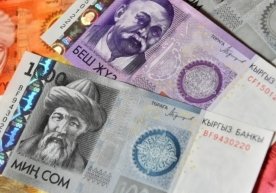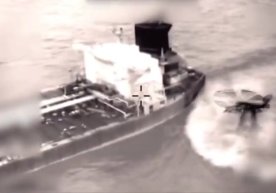Putin’s Early Territorial Claims: Historical Documents and Modern Reality

St. Petersburg Mayor Anatoly Sobchak (on the right) and his deputy Vladimir Putin.
The roots of the Russian political elite’s territorial ambitions go deep into history. Recently published archival materials from the German Foreign Ministry open up a new and unique perspective on this issue, reports spiegel.de.
On July 21, 2025, the next volume of “Documents on the Foreign Policy of the Federal Republic of Germany” was published. This volume states that important events took place in the first half of 1994. In particular, among these documents, there are sources reflecting the political landscape of Russia at that time and the views of its leaders.
While studying these archives, Der Spiegel especially emphasized that the notes prepared by the FRG’s Consul General in St. Petersburg deserve special attention. In a memo dated January 14, 1994, the views expressed by Vladimir Putin on territorial issues are recorded.
This source notes that Putin openly spoke about Russia’s territorial attitude toward Ukraine and Kazakhstan. According to him, regions such as Crimea, Eastern Ukraine, and Northern Kazakhstan have always been part of Russia; they have never been considered foreign lands. According to Putin, it is nearly impossible to instill in the minds of the Russian people that these territories now belong to other countries.
At that time, Putin especially mentioned the national sentiments inherent to the Russian people, which, however, are difficult for Europeans to understand. He also stated that the socio-economic situation of Russians living in Ukraine and Kazakhstan was not satisfactory.
According to historical data, in 1994, Putin held a high position in the St. Petersburg city administration. Specifically, since March of that year, he served as the first deputy head of the city.
Open sources indicate that from 1991 to 1995, Eberhard von Puttkamer served as the FRG Consul General in St. Petersburg. The records of this diplomat are of great importance in the historical context.
After Putin was elected president of Russia, such territorial claims moved from words to deeds, and in some cases, to direct military action. In 2014, Crimea was annexed by Russia, and in 2022, Russia launched a large-scale war against Ukraine and took control of several territories. This military conflict is still ongoing.
Putin has described the collapse of the USSR as “the greatest geopolitical catastrophe of the 20th century.” According to him, as a result of the collapse of the Soviet Union, Russia lost significant territories. In Putin’s view, the republics that left the USSR took Russian lands with them. Analysts say that primarily Ukraine and Kazakhstan are meant in these statements.
In recent years, Russian officials and representatives at various levels have also begun to make territorial claims against Kazakhstan. For example, in December 2020, Vyacheslav Nikonov, chairman of the State Duma Committee on Science and Education, called Kazakhstan’s territory “a great gift” given by Russia and the Soviet Union, which caused heated discussions.
In January 2022, when mass protests took place in Kazakhstan, some Russian deputies made statements threatening the territorial integrity of the neighboring country.
Historical archives and current events show the continuity of Russia’s territorial policy. This, in particular, creates worrying trends in the post-Soviet space and may pose a serious threat to regional stability.
Read “Zamin” on Telegram!





















